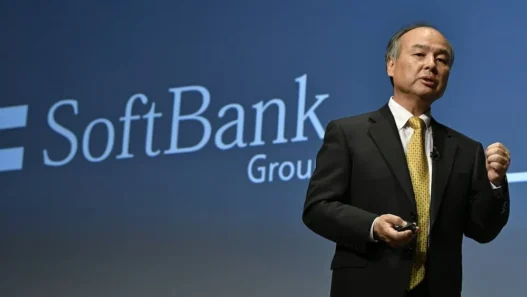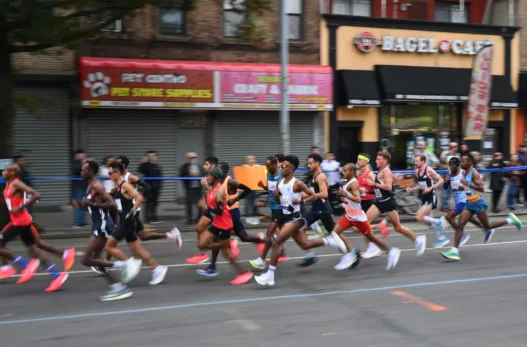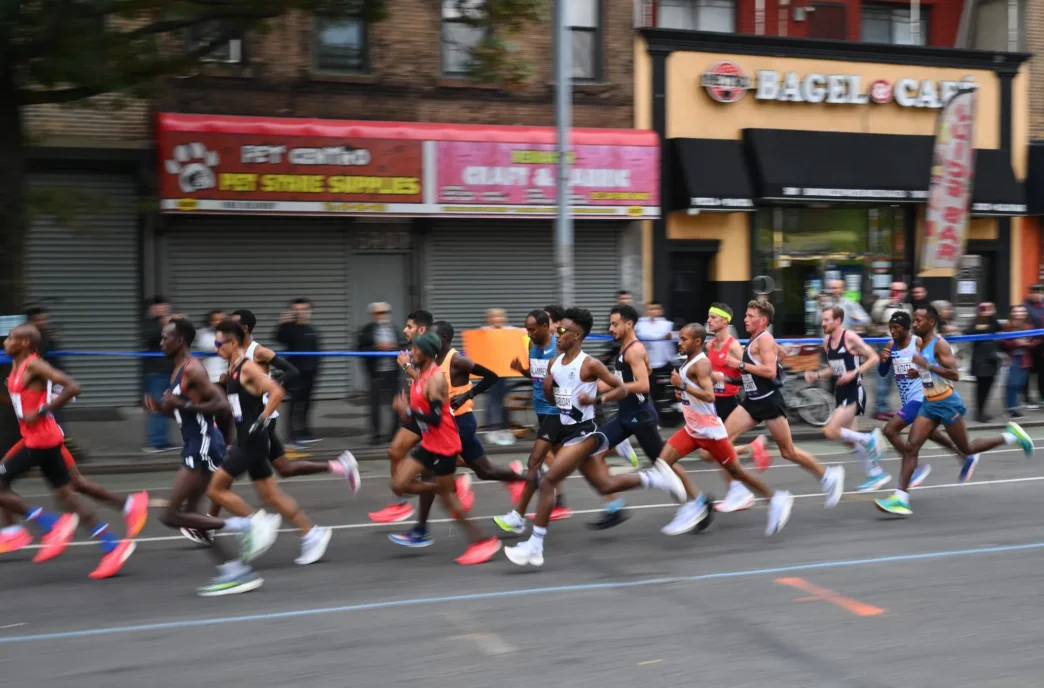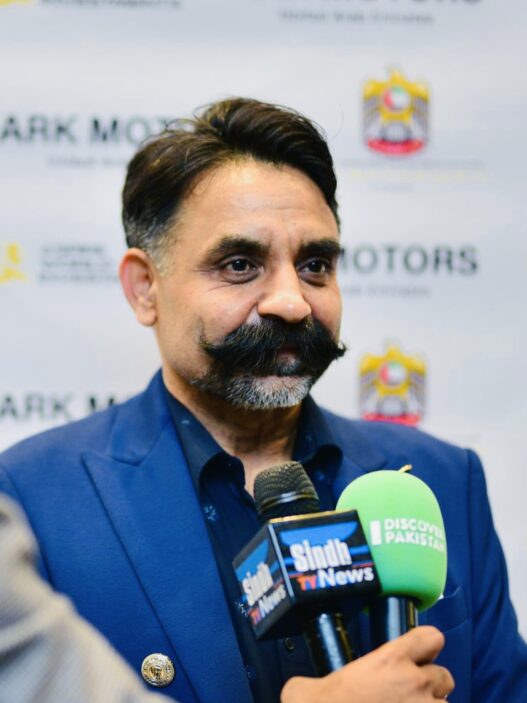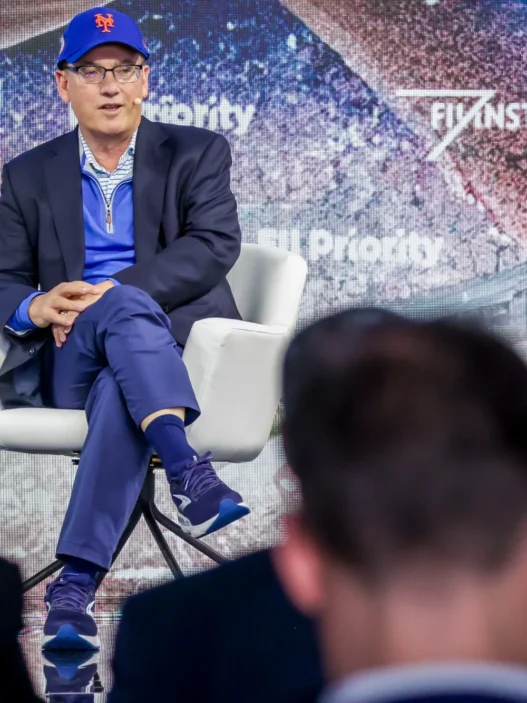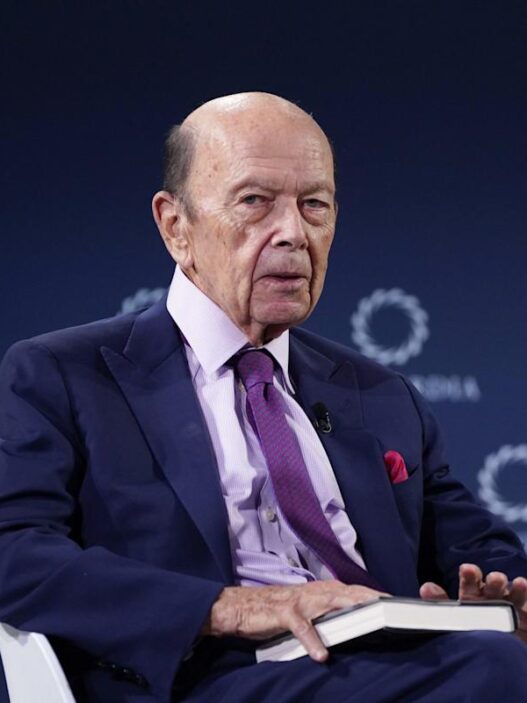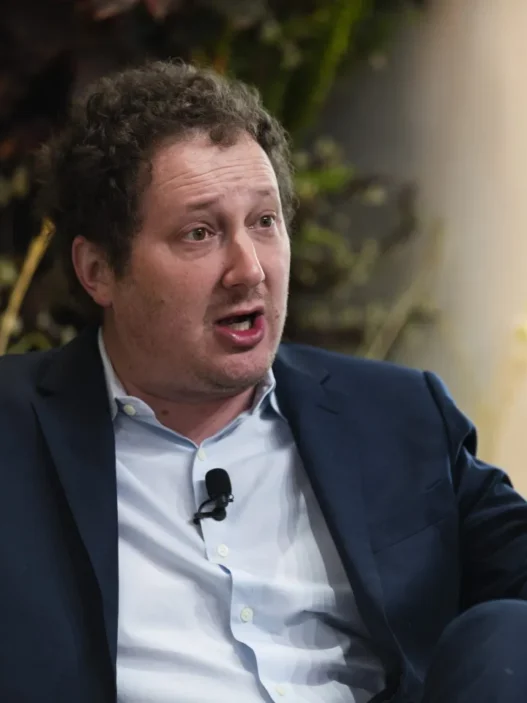On any given weekend in New York, London, or Boston, it’s no longer just professional athletes lining up at the start of the world’s most prestigious marathons — it’s hedge fund managers, venture capitalists, and investment bankers. For Wall Street’s elite, the marathon has become the new measure of discipline, endurance, and, increasingly, status.
Running 26.2 miles is no longer a personal challenge — it’s a brand statement. The time on your race bib is as revealing as the logo on your suit or the watch on your wrist. The conversation in Manhattan boardrooms and Greenwich country clubs has shifted from deal-making to split times, heart rate variability, and VO₂ max readings.
What began as a fitness trend has evolved into a social hierarchy. “If you can’t run a sub-three-hour marathon, don’t talk about grit,” joked one hedge fund partner who recently completed the Berlin Marathon. “This is the new badge of honor.”
The Race to the Top — Literally
The phenomenon reflects a deeper shift in how the financial elite define success. In an era where wealth is no longer rare, physical endurance and self-optimization have become new forms of social currency. Executives accustomed to outperforming competitors in the market are now chasing personal bests with the same intensity they bring to trading floors.
Marathon running fits perfectly into the psychology of finance — it rewards precision, discipline, and obsession with incremental improvement. Just as investors chase percentage points, runners chase seconds. For many, it’s not about finishing the race — it’s about finishing faster than everyone else in your peer group.
Elite races like the New York City Marathon have become informal networking events, where bankers and CEOs swap training tips the way they once traded stock insights. Private coaches, sports scientists, and physiotherapists have become fixtures in the same circles that used to be dominated by luxury tailors and art dealers.
When Money Meets Mileage
For the ultra-wealthy, money has eliminated every conceivable barrier to performance. Personal trainers fly in from Kenya or Ethiopia. Altitude chambers, cryotherapy pods, and hyperbaric oxygen tanks fill the basements of Park Avenue penthouses.
“Some clients spend $50,000 a year just on their running setup,” says a performance coach who trains executives across New York and London. “They buy the same carbon-fiber supershoes that elite athletes wear, hire dietitians to measure micronutrient absorption, and even use sleep-tracking AI to optimize recovery. It’s not exercise — it’s investment.”
And like any investment, there’s an element of risk and reward. High achievers bring the same intensity to their training that they do to their careers, sometimes pushing themselves into overtraining or injury. Yet even setbacks carry prestige — stress fractures and tendonitis are becoming the new battle scars of the upper class.
The Supershoe Effect
The rise of supershoes — lightweight, carbon-plated running shoes designed to maximize energy return — has only intensified the obsession. Once reserved for professional runners, they’ve now become the footwear of choice for the finance elite. Brands like Nike, Asics, and On Running have capitalized on the trend, offering limited-edition models that sell out within hours.
“The supershoe is to the modern executive what the Rolex once was,” says an analyst at a sportswear investment fund. “It signals performance, precision, and exclusivity.”
Some executives even have custom shoes designed to match their corporate colors or feature personalized engravings of their marathon times. On social media, posts showing “personal bests” have become subtle displays of both physical capability and economic privilege.
From Boardroom to Finish Line
The connection between marathoning and success isn’t new — but the scale and intensity of the trend are. Running has become a global language of ambition. Wall Street, Silicon Valley, and the City of London have all embraced the endurance ethos as a metaphor for leadership.
In interviews, many executives describe running as an essential part of their productivity toolkit — a form of mental clarity that fuels better decision-making. “The discipline of training mirrors the discipline of managing money,” said one private equity executive who trains at 5 a.m. daily. “You set goals, measure progress, endure discomfort, and execute — that’s investing, that’s running, that’s life.”
Companies are even incorporating running into their culture. Some firms sponsor marathon entries for employees, turning race participation into a corporate branding exercise. Others host offsite retreats centered on endurance sports, replacing golf courses with trail runs and cycling challenges.
The Privilege of Pain
Yet beneath the sleek branding and motivational language lies a more exclusive reality. Marathon running, at the elite amateur level, has become an expensive pursuit. The gear, the coaching, the travel to international races — it all adds up. For those with time, money, and flexibility, it’s attainable. For others, it’s another symbol of the widening cultural gap between the elite and everyone else.
“There’s a kind of irony in calling running ‘the great equalizer,’” says sociologist Dr. Leah Moreno. “For the wealthy, it’s no longer about escaping stress or connecting with simplicity — it’s about controlling every variable, optimizing every second, and projecting a lifestyle of mastery.”
The image of the marathoner — lean, disciplined, relentless — aligns perfectly with the mythology of modern capitalism. It’s no coincidence that some of the world’s most powerful CEOs, including Jeff Bezos and Larry Fink, are avid runners. The body becomes another asset to optimize, another frontier of competition.
The Finish Line Is Always Moving
Despite the extravagant spending and scientific precision, the allure of the marathon lies in its simplicity: no amount of wealth can buy you a faster time once the race begins. On the road, every runner — billionaire or beginner — faces the same 26.2 miles.
But even that shared struggle has become a form of performance. Completing a marathon isn’t just about endurance anymore; it’s about narrative. The Instagram post, the medal photo, the corporate email congratulating a managing director on their “personal best” — all reinforce the mythology of the tireless, unstoppable executive.
For some, it’s deeply personal — a genuine pursuit of self-mastery. For others, it’s just another arena in which to compete and display success. Either way, the marathon has become Wall Street’s new currency of prestige — proof not just of physical fitness, but of mental toughness, financial freedom, and social distinction.
As one fund manager put it after completing his sixth major marathon: “You can’t fake a finish line. And in this world, that’s what makes it priceless.”






